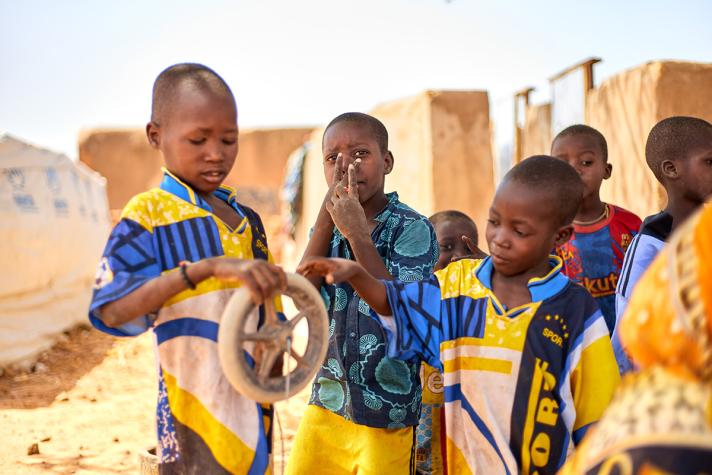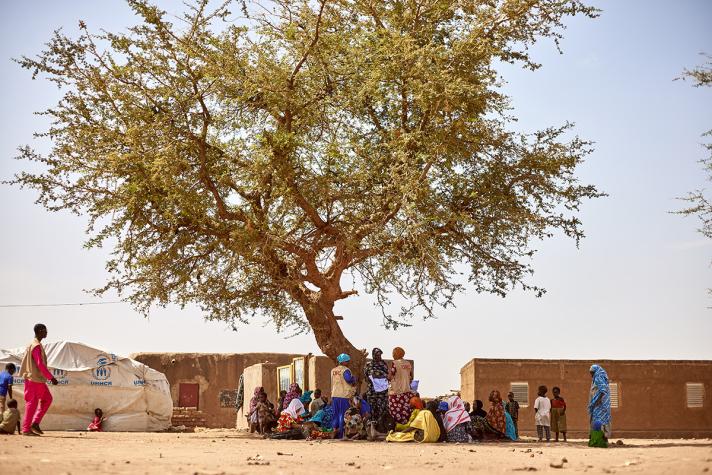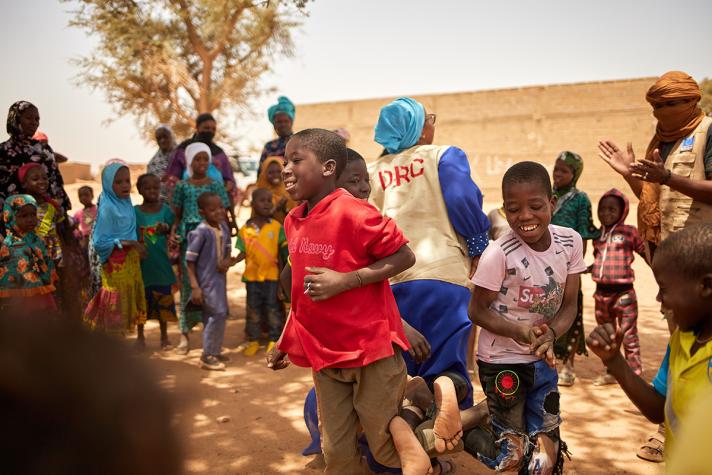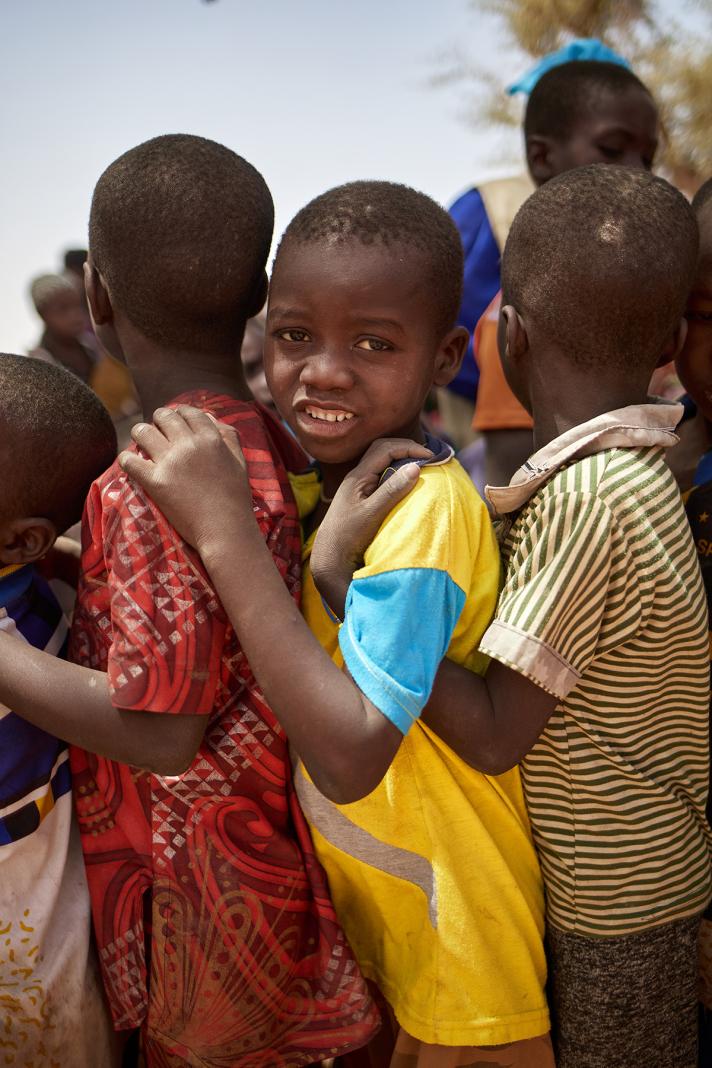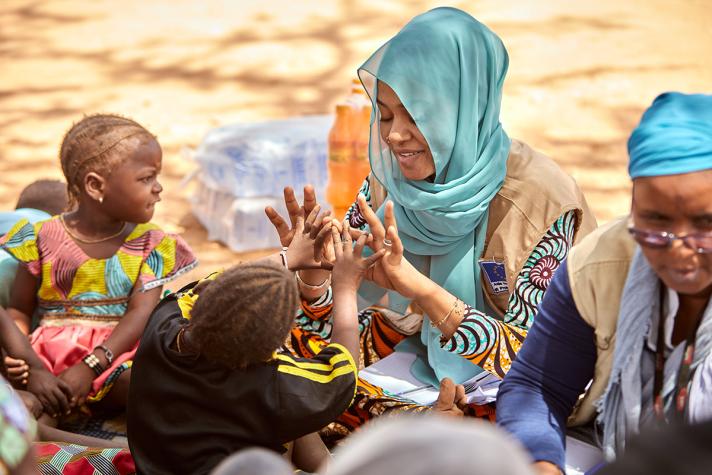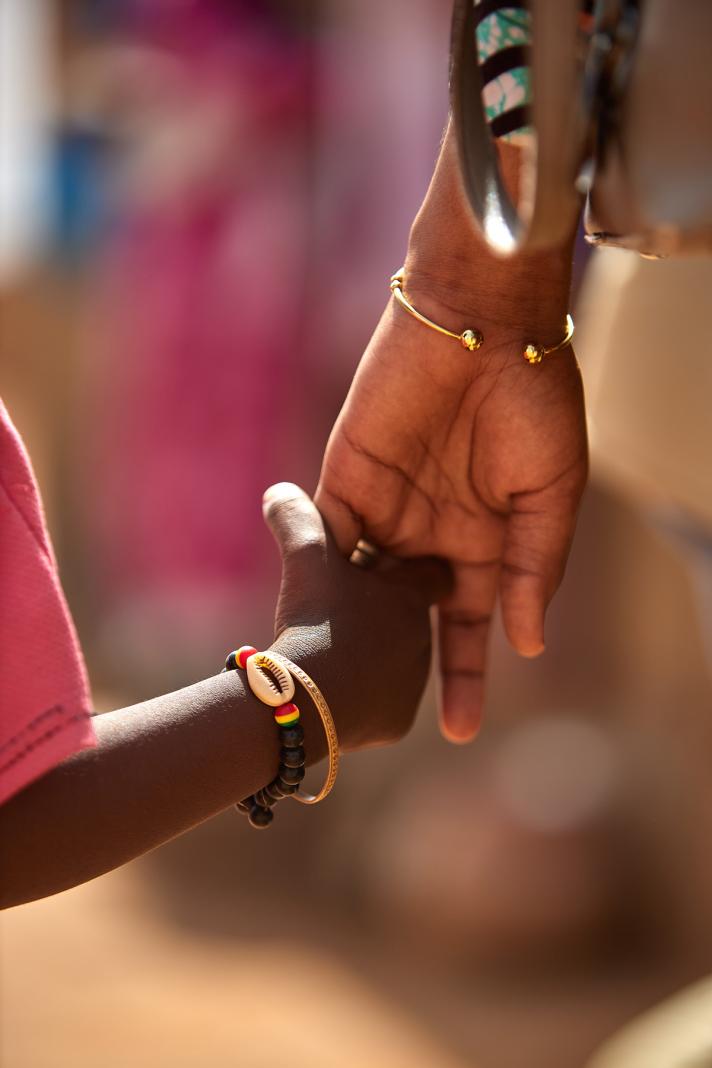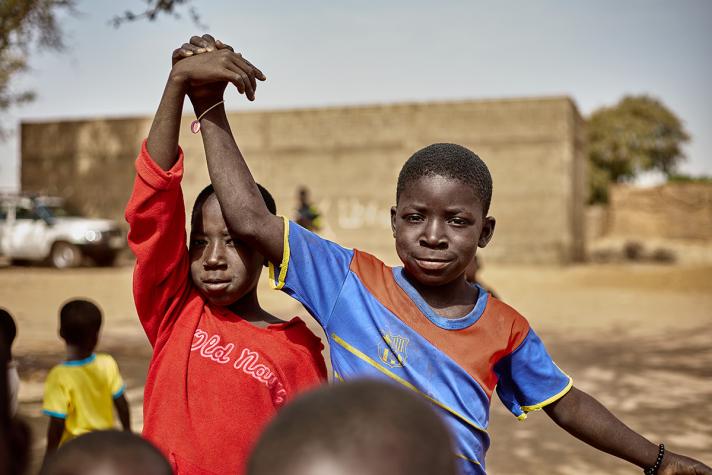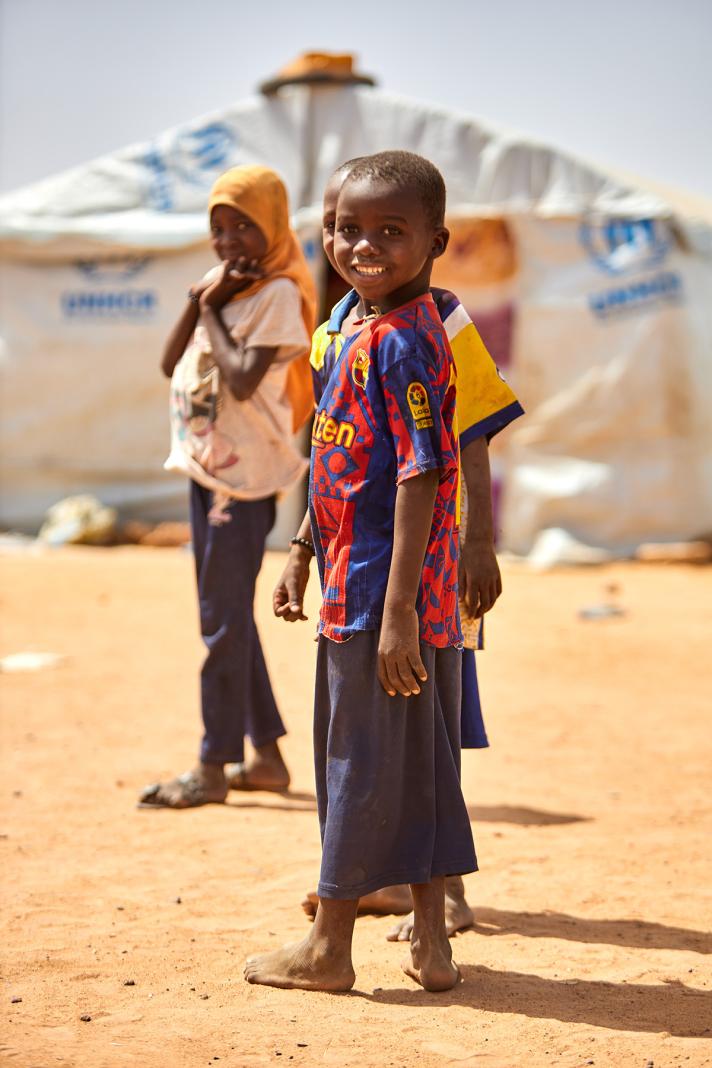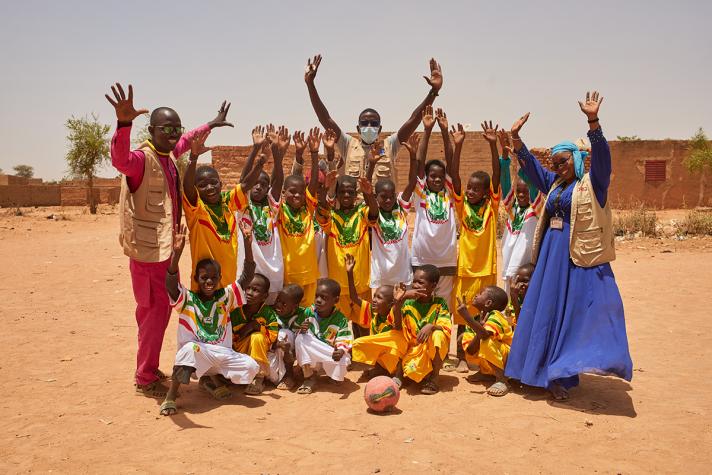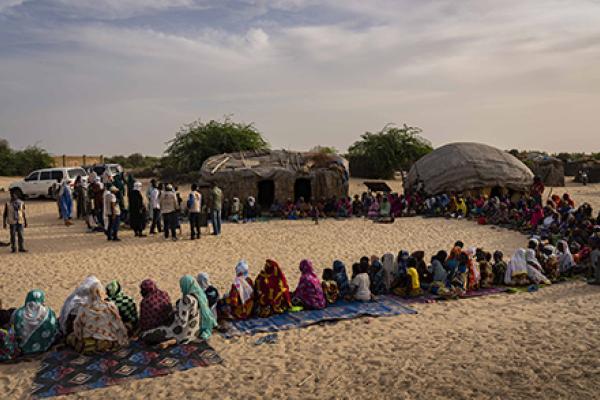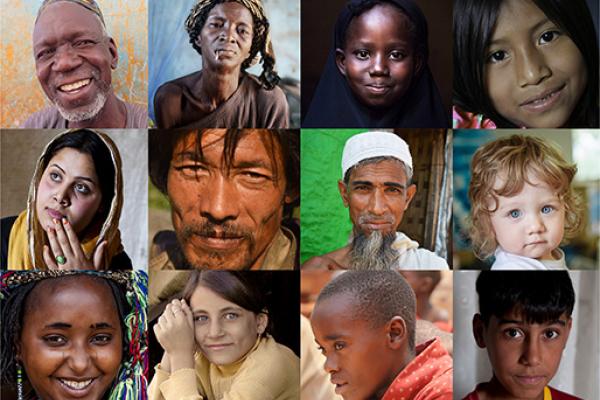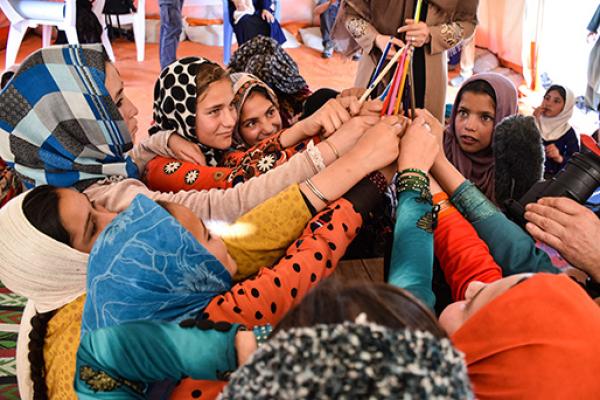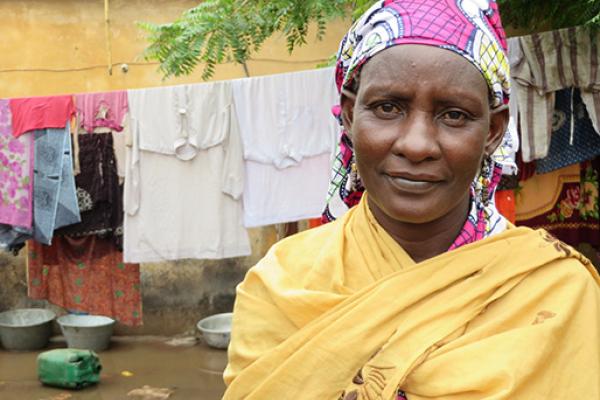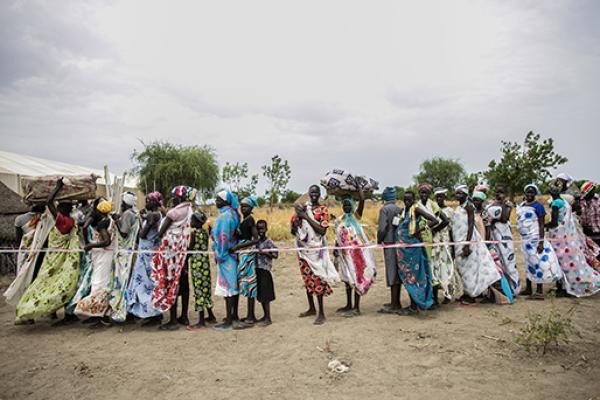More than half the population of Mali is under the age of 18. About a third of them live in areas affected by armed conflict.
Children and youngsters are suffering disproportionately under the ongoing crisis. In 2022, the UN Secretary General reported being extremely concerned by the increase in the number of grave violations committed against children in Mali.
These violations included the recruitment and use of children, killing and maiming, attacks on schools and hospitals, abduction, and denial of humanitarian access.
Displaced minors are at risk of being separated from their families. UNICEF also estimates that 2 million children are out of school due to insecurity, poverty, child labour, early marriages, or the absence of schools.
More than 1,500 schools remain closed. This affects more than 516,000 children.
The EU remains strongly committed to step up protection of children in situations of armed conflict. We have prioritised providing a rapid response to new population displacements, ensuring that affected children can continue their education.
In the regions of Ségou and Mopti, mobile teams of the Danish Refugee Council (DRC), an EU humanitarian partner, visit communities within 72 hours after a displacement. The aim is to identify people who need protection and assistance.
Vulnerable children are provided with psychosocial support and assistance tailored to their needs.
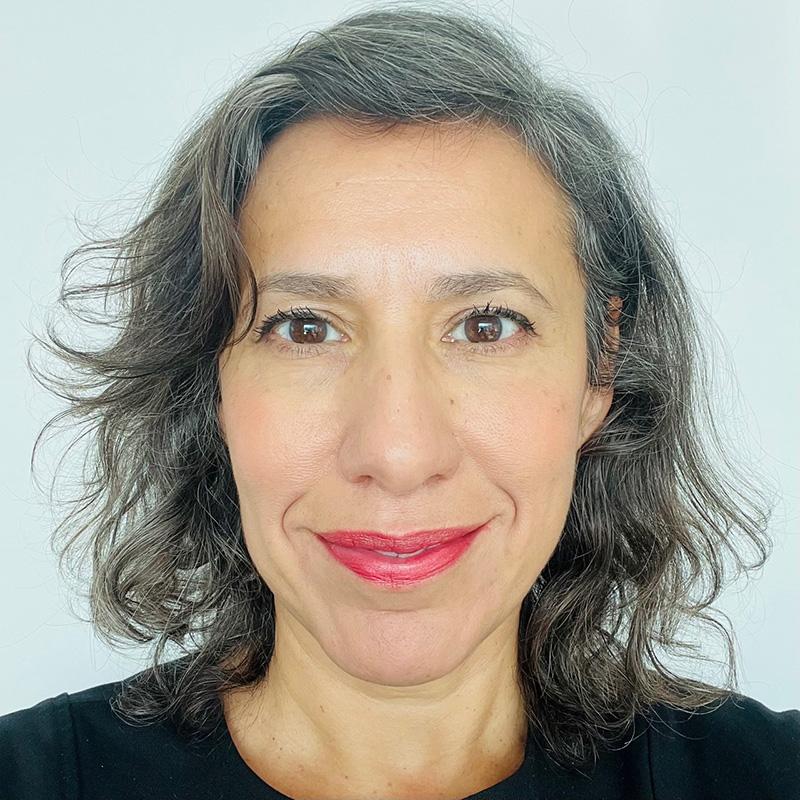
Story by Anouk Delafortrie, Regional information Officer for West and Central Africa, EU Civil Protection and Humanitarian Aid Operations.
@ECHO_CWAfrica
Photos: ©DRC 2023/Bakary Diouara
Publication date: 20/11/2023

